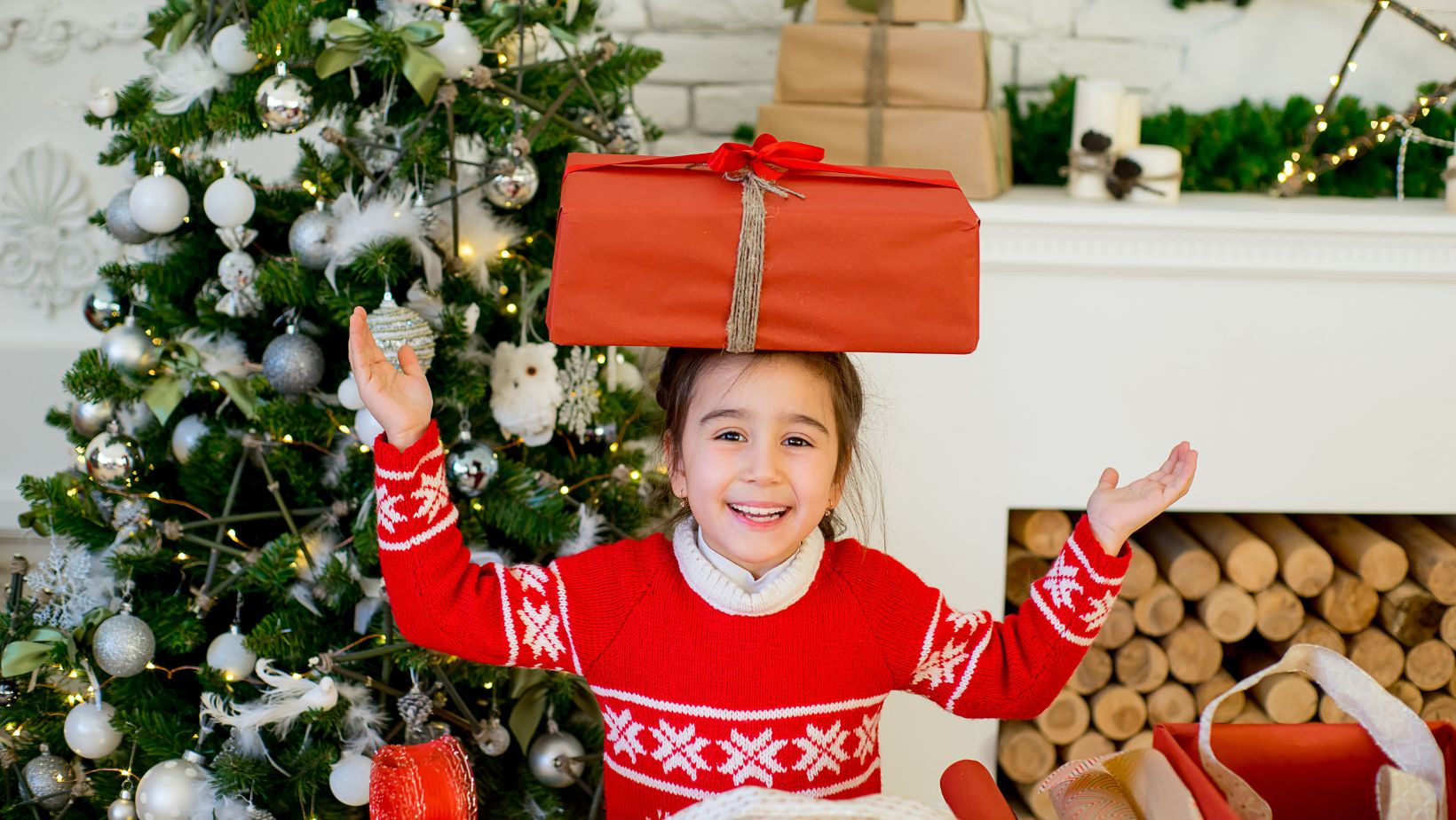
Selecting the right gift for a child is an art form that combines thoughtfulness, understanding of the child’s interests, and awareness of their developmental needs. Whether it’s for a birthday, a special occasion, or the festive season, the right gift can bring a smile to a child’s face and provide meaningful engagement. In this comprehensive guide, we’ll explore various factors to consider when buying gifts for children, ensuring that your present is both enjoyable and beneficial.
Understanding the Child’s Interests
The first step in choosing the right gift is understanding what the child is interested in. Children’s interests can vary widely and can include anything from sports and music to science and art. Pay attention to what the child talks about, the activities they enjoy, and the toys or books they currently engage with. A gift that aligns with their interests is more likely to be appreciated and used regularly.
Age Appropriateness
It’s crucial to consider the age of the child when selecting a gift. Age-appropriate gifts are not only safer but also more likely to match the child’s developmental stage. For toddlers and younger children, look for toys that help develop fine motor skills and cognitive abilities. For older children, consider more complex games, educational kits, or books that challenge their growing minds. Always check the recommended age range on toys and games to ensure they are suitable.
Educational Value
While toys and games are meant to be fun, they can also be educational. Many toys are designed to enhance learning and development in children. For younger kids, consider toys that teach basic counting, reading, or problem-solving skills. For older children, science kits, building sets, and puzzles can provide both entertainment and educational value. Choosing a gift that promotes learning can be incredibly beneficial for the child’s development.
Christmas Gifts for Kids
When it comes to Christmas gifts for kids, the magic of the season adds an extra layer of excitement. During this festive time, consider gifts that not only align with the child’s interests but also capture the spirit of Christmas. This could be something as simple as a book with a holiday theme or a special edition toy or game. Remember, the best Christmas gifts are those that create memories and bring joy, not just during the holiday season but throughout the year.
Durability and Quality
Children are not always gentle with their possessions, so it’s important to consider the durability and quality of the gift. Look for toys and games made from sturdy materials that can withstand rough play.

High-quality gifts not only last longer but are often safer, as they are less likely to break and create hazards. Investing in quality also shows the child that you care about giving them something that will last.
Safety Considerations
Safety is paramount when choosing gifts for children. Avoid toys with small parts for younger children, as they can be choking hazards. Check for non-toxic materials, especially in toys that younger kids might put in their mouths. Also, consider the child’s physical abilities and avoid gifts that could pose a risk of injury. Always read safety labels and guidelines before making a purchase.
Personalization
A personalized gift can make a child feel special and valued. This could be as simple as a book with their name in the story, a custom-made piece of clothing, or a toy that reflects a personal interest. Personalized gifts show that you have put thought into the gift and tailored it specifically for the child.
Encouraging Creativity and Imagination
Gifts that encourage creativity and imagination are excellent choices for children. Art supplies, craft kits, and imaginative play toys like dress-up clothes or playsets can provide hours of creative fun. These types of gifts not only keep children entertained but also help develop their creative thinking and problem-solving skills.
Inclusivity and Diversity
In today’s world, it’s important to consider inclusivity and diversity when selecting gifts. Choose toys and books that represent different cultures, abilities, and backgrounds. This not only helps the child to learn about and appreciate diversity but also ensures that all children feel represented and included.
Longevity and Timelessness
Consider choosing gifts that have longevity and can be enjoyed for years to come. Classic toys and books, for example, never go out of style and can be passed down to younger siblings or even the next generation. These timeless gifts often become cherished keepsakes that hold sentimental value.
Balancing Fun and Functionality
While it’s important for gifts to be fun, considering their functionality can also be beneficial. For example, educational toys, books, and games that combine fun with learning can be particularly valuable. Similarly, items that can be used in everyday life, like a cool backpack or a stylish jacket, can be both practical and enjoyable.
Involving the Child in the Decision
If possible, involving the child in the decision-making process can be a great way to ensure they receive a gift they truly love.

This could be as simple as asking them directly or observing their reactions to different types of toys and games. Involving the child also makes the gift-giving experience more personal and engaging for them.
Conclusion
Choosing the perfect gift for a child requires a blend of thoughtfulness, understanding of the child’s interests and needs, and consideration of their developmental stage. By taking into account factors like age appropriateness, educational value, safety, and personalization, you can select a gift that not only delights the child but also contributes positively to their growth and development. Remember, the best gifts are those that show you care and understand the unique individuality of the child.





